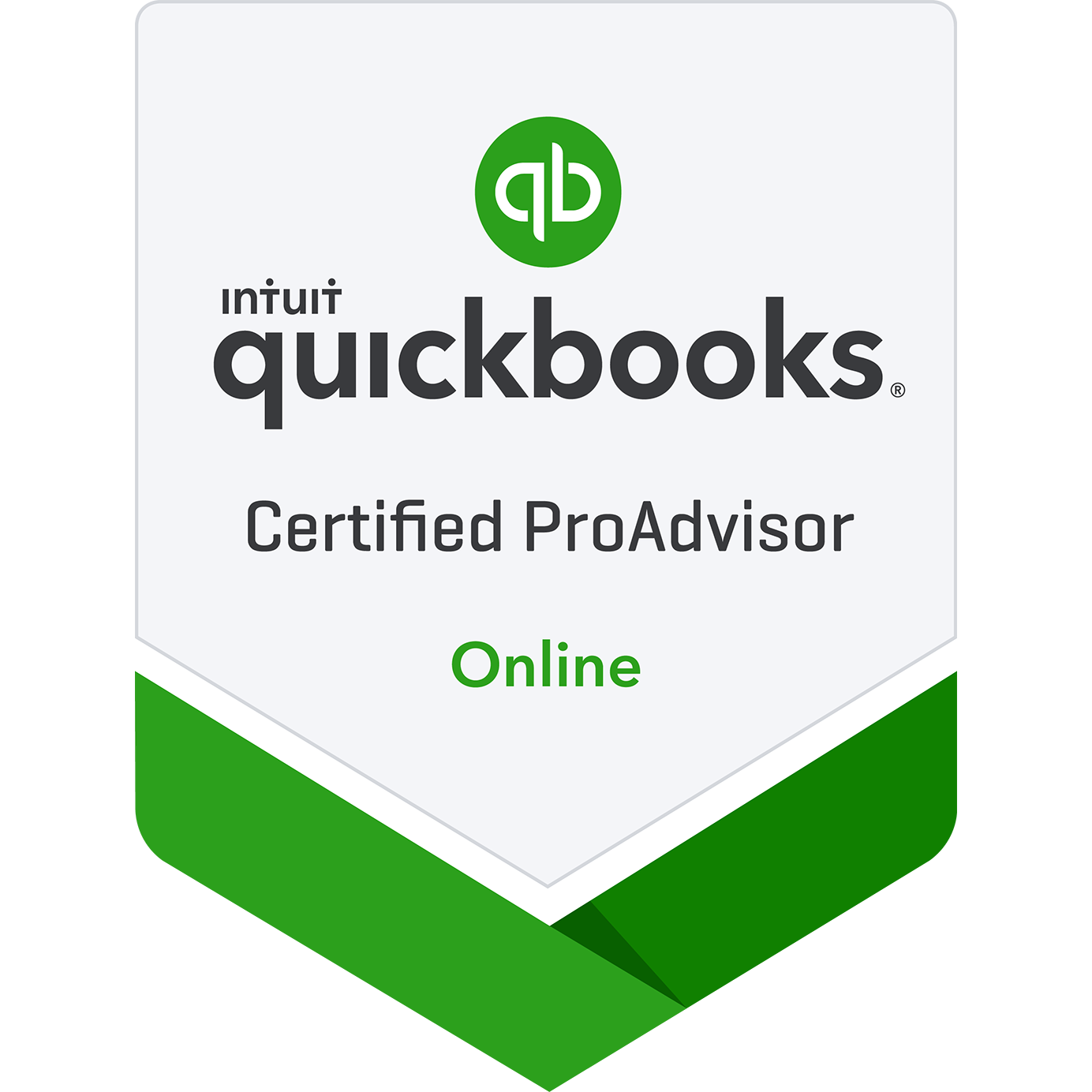Frequently Asked Questions
Thinking of being self-employed…
When do I need to register as self-employed?
Within 3 months of starting to trade (making your first sale). Spence Accounting can help you complete the necessary paperwork and advise on what will happen next.
What happens if I do not register in time?
When you do register HMRC will then issue you with a fine of £100 for late notification. We, therefore, advise you to speak to us as soon as possible.
I heard if my turnover is below £1000, I do not need to register for self-assessment?
Yes, this is correct, if your income is below this level HMRC does not require you to report this income. This is turnover, total sales, not profit.
What tax do I pay if I am self-employed?
You will pay tax at 20% on your earnings over the tax-free allowance, which changes annually. If you earn over £50,000 per year your income will be taxed at a higher rate of 40%. (Per the current legislation 2020/21).
What happens with my national insurance?
When self-employed you pay two types of national insurance. Class 2 and Class 4.
Class 2 National insurance is a fixed annual amount and contributes towards state pension and benefits. This will be calculated as part of your tax position when you file a tax return.
Class 4 National Insurance is payable on your profits over the basic rate national insurance threshold. This is at a rate of 9%. The basic rate national insurance threshold changes on an annual basis and is lower than the tax personal allowance.
What expenses can I put against my business?
Anything that is for business (wholly and exclusively). If you would like to talk to one of our advisors, we can give you a more detailed idea of what you can and can’t claim for your business.
Should I be a Limited Company?
This should be looked at on a case by case basis. For some people being Limited gives you protection and you might pay less tax than if you were self-employed. We would strongly suggest speaking to an advisor before making any decisions.
Thinking of employing staff……
Can I just pay someone to work for me?
No, you need to set up and operate a proper payroll scheme to pay your employee. When processing payroll we submit the income for each employee to HMRC and this helps HMRC advise employers what tax the individuals should pay. HMRC also use this information to identify if someone is entitled to Universal Credits so that individuals are paid accurately. We can help give you advice on employing new staff.
Can I pay employees in cash?
Although yes you can, currently, we recommend paying your staff by electronic transfer. It will help with your record keeping. If you do pay your employees by cash we recommend that you ask your employees to sign for the wages to confirm you have paid them.
What should I pay my employee?
This will depend on your employee’s age. You have to by law pay national minimum wage. This does change each year. If you would like advice on what to pay your employee, please contact one of our advisors.
What happens if I do not pay my employee National Minimum Wage?
It is likely that your employee or someone else will report you to HMRC. If you are found to not pay your employee National Minimum Wage you will be required to make any settlement payments and any tax or national insurance owed to HMRC. Penalties can also be applied by HMRC. We recommend taking advice from our team to avoid this.
How do I calculate the tax due to HMRC?
We can help you do this by using our payroll service. We will be able to advise you on what your employee has earned and what tax and national insurance needs to be paid.
What about VAT……
Do I have to charge VAT straight away?
No, your turnover needs to exceed, or you know your turnover will exceed £85,000. This is over a rolling 12-month basis so it is important to keep an eye on your income.
When do I need to register for VAT?
You need to register for VAT within 30 days of going over or knowing you are going to go over the VAT threshold.
Can I still register for VAT if my turnover does not exceed £85,000?
Yes, you can. It will depend on your business whether or not this is the best decision for you, please speak to our advisors or will be able to advise on the pro’s and con’s of being VAT registered.
What is the current standard rate of VAT?
Most items are rated at 20% for VAT. There are some exemptions to the rule and we would suggest speaking to one of our advisors to make sure you are charging the correct amount for your business.
How do I submit my VAT return?
Your VAT return has to be submitted electronically to HMRC. If you have exceeded the VAT threshold you will need to do this using software such as Quick Books or Xero.
Do I have to keep paper records?
You can now keep your records electronically. There are some exemptions to this like finance agreements that you will need to keep a paper copy. We do recommend that you keep copies of all receipts for purchases whether electronic or paper.
Do I have to use software to keep my accounts?
No, you do not have to keep your accounts using software. There are advantages to using software and as your business grows, being in good habits from the beginning will help you progress faster as you will already be well organized. If you want to talk through our software solutions one of our advisors can help you make the best decision for your business.






